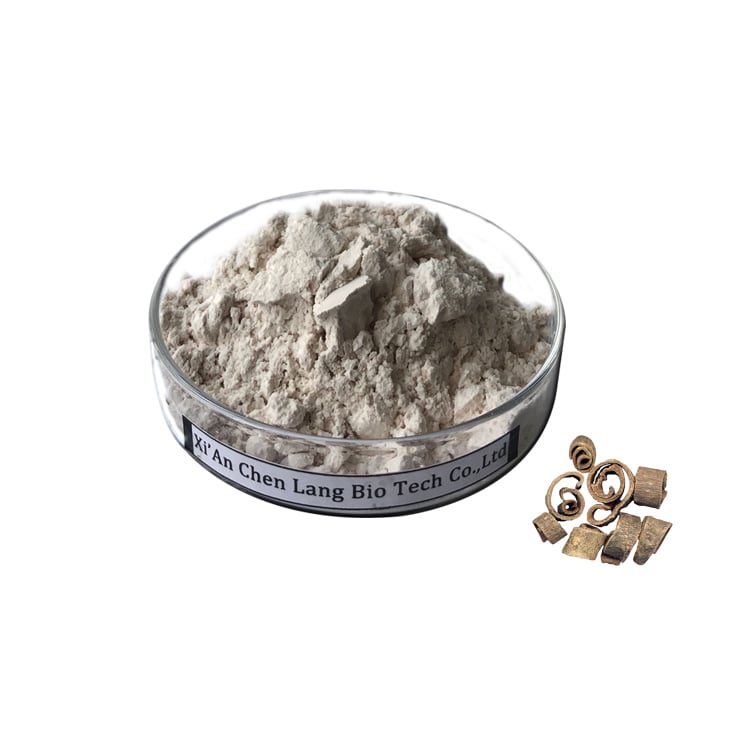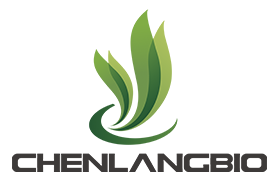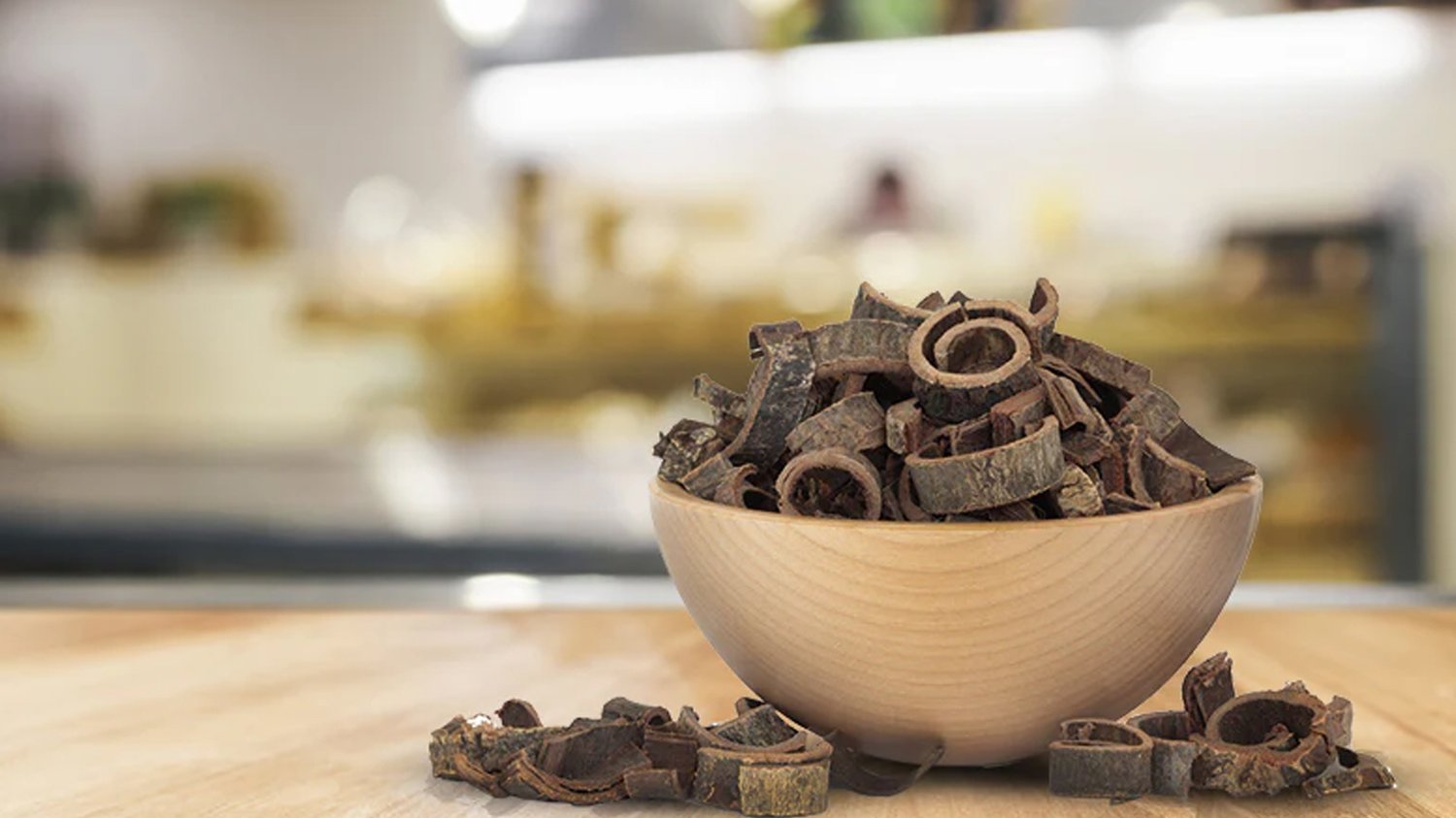Benefits of Magnolol and Honokiol: Powerful Compounds from Magnolia Bark Extract
XI AN CHEN LANG BIO TECH supply high quality magnolol and honokiol 98% powder, they are two prominent bioactive compounds derived from the bark of the magnolia tree, particularly Magnolia officinalis. These compounds have garnered significant attention in the fields of traditional medicine and modern scientific research due to their numerous health benefits and therapeutic potential. In this blog, we will find what is magnolol and honokiol powder, and properties, benefits, and applications in products.
What is Magnolol
Magnolol is a biphenolic compound that is primarily extracted from the bark of magnolia trees. It has a distinct structure that allows it to exhibit a range of biological activities.
Historically, magnolol has been used in traditional Chinese medicine for its anti-anxiety and sedative properties.

Chemical Structure and Properties
|
Name |
Magnolol |
|
CAS |
528-43-8 |
|
Molecular Formula |
C18H18O2 |
|
Molecular Weight |
266.334 |
|
Solubility |
Difficult soluble iin water |
|
Appearance |
off white fine powder |
Magnolol Benefits for Human Body
Magnolol powder has antibacterial, antioxidant, and antihypertensive effects.
Antibacterial: Magnolol is an organic compound with obvious and long-lasting central muscle relaxation and central nervous system inhibitory effects. Magnolol powder has a very good antibacterial effect. It generally has a good inhibitory effect on a variety of bacteria, especially Candida albicans. It can also kill bacteria in the oral cavity and improve the problem of bad breath.
Antioxidant: Magnolol has free radical scavenging effect, it can scavenge hydroxyl free radicals and hydrogen peroxide, and can also inhibit lipid peroxidation.
Antihypertensive: Magnolol has obvious and long-lasting central muscle relaxation and central nervous system inhibitory effects, so it can have a good antihypertensive effect.
Anti-Inflammatory Properties: Magnolol exhibits potent anti-inflammatory effects, making it useful for managing chronic inflammation. It can inhibit the production of pro-inflammatory cytokines, contributing to reduced inflammation in the body.
Neuroprotective Effects: Magnolol has been studied for its potential neuroprotective properties. It may help protect brain cells from damage and improve cognitive function. It makes it a candidate for further research in neurodegenerative diseases.
Pain Relief: Some studies indicate that magnolol may help alleviate pain, this function makes it a candidate for natural pain management therapies.
What is Honokiol
Honokiol is another significant compound derived from magnolia bark, often discussed alongside magnolol. Honokiol, white powder, easily soluble in benzene, ether, chloroform, ethanol, etc., poorly soluble in water.
Honokiol Chemical Structure and Properties
|
Name |
Honokiol |
|
CAS |
35354-74-6 |
|
Molecular Formula |
C18H18O2 |
|
Molecular Weight |
266.34 |
|
Purity |
98% |
|
Appearance |
off white fine powder |
Honokiol Benefits for Human Body
Anxiolytic Effects: Like magnolol, honokiol has been shown to possess anti-anxiety properties. It may help alleviate anxiety by modulating GABA receptors, providing a natural alternative for anxiety relief.
Anti-Inflammatory: If the patient suffers from acute enteritis, the conditioning effect can be achieved by taking drugs, which have anti-inflammatory effects.
Antioxidant Activity: Honokiol is recognized for its powerful antioxidant properties, which help protect cells from oxidative stress and reduce the risk of chronic diseases.
Anti-aging: It needs to be taken as directed by a doctor during daily life. It can achieve antioxidant and free radical scavenging effects and help delay skin aging symptoms.
Anticancer Properties: Research has indicated that honokiol may have anticancer effects, inhibiting the growth of cancer cells and inducing apoptosis (programmed cell death) in various cancer types, including breast and prostate cancer.
Neuroprotective Effects: Honokiol has been studied for its potential neuroprotective effects, showing promise in protecting neurons from damage and promoting cognitive health.
Cardiovascular Benefits: Some studies suggest that honokiol may support heart health by improving blood circulation and reducing hypertension.
Magnolol and honokiol are currently widely used in cosmetics, but their scope of use is limited due to the characteristics of the products. For example, the water solubility of the product is not good, which hinders its use in aqueous systems, and the irritation of the product has a certain impact on eye cream or facial use.
So, which active ingredient is more suitable?
Considering the cost-effectiveness, total phenols (Magnolol and Honokiol98%) are recommended. Magnolol and honokiol 98% solves the problem of excessive product unit price and high product irritation. At the same time, the appearance color of the total phenols is still white, The added use of the product is not affected in any way and the efficacy is not reduced.
Dosage and Safety
Both magnolol and honokiol are considered safe for consumption, with few reported side effects. However, it is essential to follow recommended dosages when using supplements.
Conclusion
Magnolol and honokiol are two remarkable compounds derived from magnolia bark, each offering a range of health benefits for human body. Please choose one natural compound for your products formula. Please send inquiry to email: [email protected] if you want to more information about our magnolol and honokiol powder.

